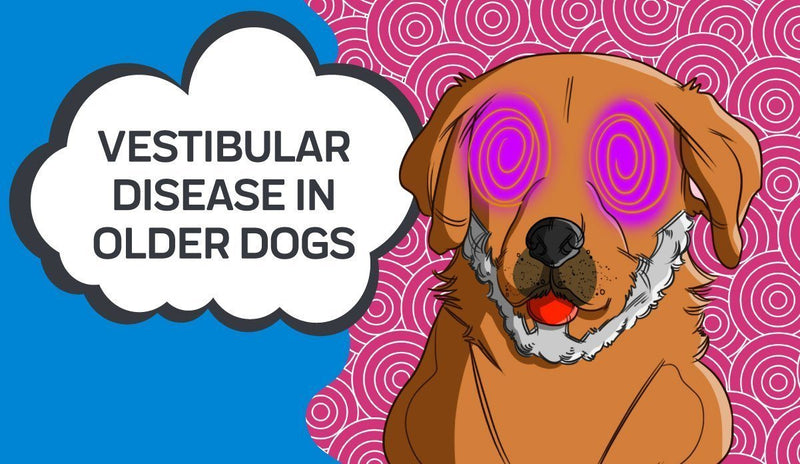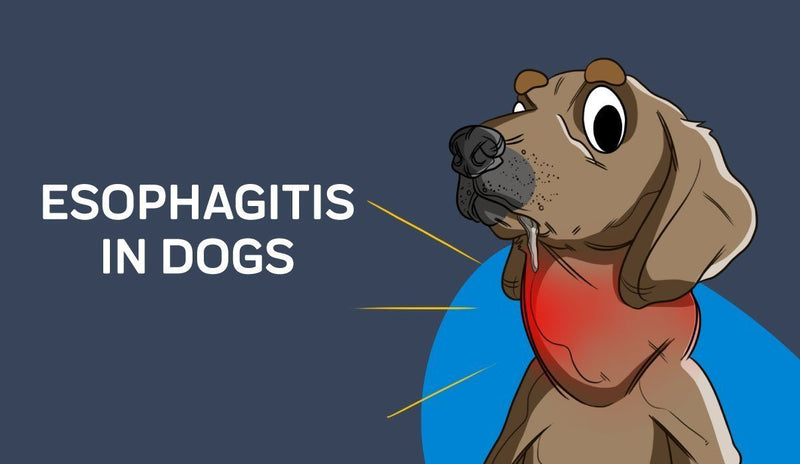
Have you ever considered dog ownership could be a heritable trait? In other words, doesn’t it sound pretty ridiculous to consider that being a “dog person” could actually be a genetic characteristic? Can owning a dog be written in your DNA? According to new research published in Scientific Reports, it’s not ridiculous at all. It’s actually scientifically backed.
British and Swedish scientists recently studied 35,035 pairs of Swedish twins from the Swedish Twin Registry — the largest of its kind in the world — searching for ways to understand how genetics account for our personality traits, something researchers call a “heritable component.” Their belief heading into the study was that findings would give new insight into the centuries-long connection between man and canine, with dogs being the first animal humans domesticated at least 15,000 years ago, they said.
Researchers regularly rely on observing twins as a method for “disentangling the influences of environment and genes,” or in other words, twins offer researchers somewhat of a control for the nature versus nurture debate in a given study topic. Identical twins share their entire genome, the complete set of genes or genetic material present in a cell or organism, whereas non-identical twins typically share just half of their genetic makeup. Participants in the registry were all born between 1926 and 1996, and all were alive in the year 2006. Aside from being grouped by identical and fraternal twin pairs, the study also separated the groups based on sex. The researchers even went so far as to uncover which twins were raised in the same home versus siblings that were raised in “split family environments.” What they found in this study is that identical twins had a much higher rate of dog ownership (both twins owning and caring for a pet canine) than non-identical twins. Specifically, identical twins within the more than 35,000 pairs (over 80,000 people altogether) tend to own dogs 50 percent more often than non-identical twins. It was a simple and straightforward find, but one that the team of researchers felt was significant. Both genetics and environment play an equal role in determining whether or not you’re a bona fide “dog person.” And for anybody curious about which breeds of dogs found their way into the registry most often, golden retrievers were found to be the most commonly owned pet behind “mixed breed” canines. Meanwhile, German shepherds came in third place in the study.
"We were surprised to see that a person's genetic make-up appears to be a significant influence in whether they own a dog. As such, these findings have major implications in several different fields related to understanding dog-human interaction throughout history and in modern times. Although dogs and other pets are common household members across the globe, little is known how they impact our daily life and health. Perhaps some people have a higher innate propensity to care for a pet than others." says Tove Fall, lead author of the study, and Professor in Molecular Epidemiology at the Department of Medical Sciences and the Science for Life Laboratory, Uppsala University.
"These kinds of twin studies cannot tell us exactly which genes are involved, but at least demonstrate for the first time that genetics and environment play about equal roles in determining dog ownership. The next obvious step is to try to identify which genetic variants affect this choice and how they relate to personality traits and other factors such as allergy" added Patrik Magnusson, senior author of the study and Associate Professor in Epidemiology at the Department of Medical Epidemiology and Biostatistics at Karolinska Institutet, Sweden and Head of the Swedish Twin Registry.
According to Zoo Archaeologist and co-author of the study Keith Dobney, Chair of Human Palaeoecology in the Department of Archaeology, Classics, and Egyptology at the University of Liverpool, their study offered “major implications” for understanding the roots of dog domestication and our connection to them as a species. “Decades of archaeological research have helped us construct a better picture of where and when dogs entered into the human world,” Dobney, a zooarchaeologist, says, “but modern and ancient genetic data are now allowing us to directly explore why and how.”
Acknowledging that there’s yet no way of knowing which genes make this determination. The research team plans to dig a little deeper into their study by next exploring which genetic variants determine a person’s affinity toward owning a dog and cross-referencing those variables with genetically influenced personality traits. And finally, researchers are increasingly more interested in the links between dog ownership personality traits, and health, with dog owners tending to score higher on traits like agreeableness and conscientiousness — factors they say can be associated with longer lifespans and lowered risks of cardiovascular diseases.
From keeping you more active and therefore fit, to helping you lose weight and even improving your social life, researchers regularly uncover support for the idea that living with dogs makes you healthier. Spending time with and caring for pets is found to reduce stress, a common factor in both physical and mental health problems as well, even helping those who struggle with depression. It’s even been found that people over 65 who own a pet are expected to seek professional medical help and make 30 percent fewer visits to the doctor. And while any kind of pet was found to be a healthy boost in a one-year study published in the Journal of Personality and Social Psychology, “Owners of dogs, in particular, were buffered from the impact of stressful life events on physician utilization.”
In the midst of all of this, researchers have found dogs to be a health risk in one particular aspect: they make us fall more. Literally. According to the Center for Disease Control (the CDC), pets cause 86,000 falls per year, with 88 percent of those being the fault of our beloved dogs. For the elderly, this can be a life-changing event, but it’s still safe to say most of us believe the positives of having a dog around far outweigh the possible challenges.
















